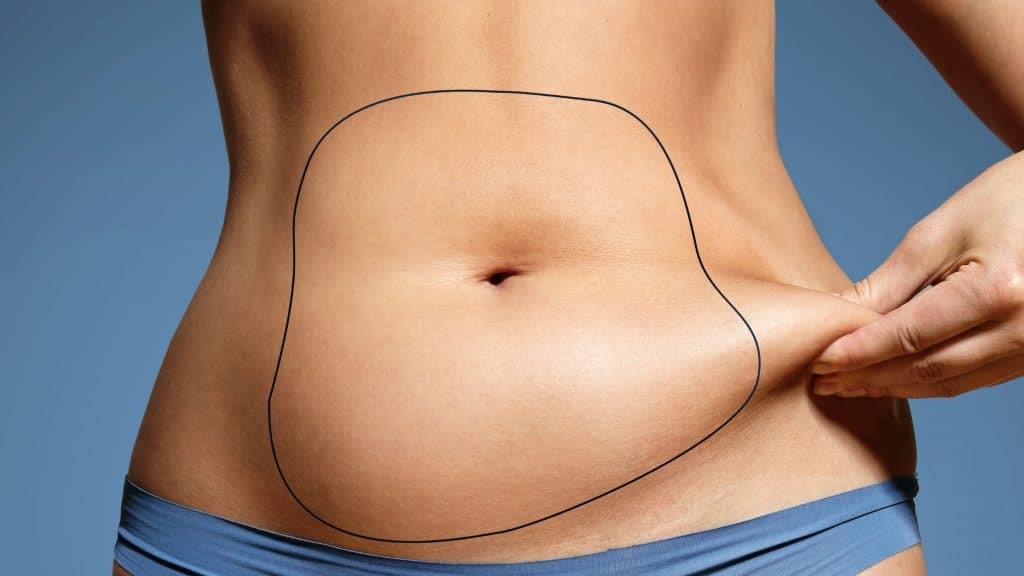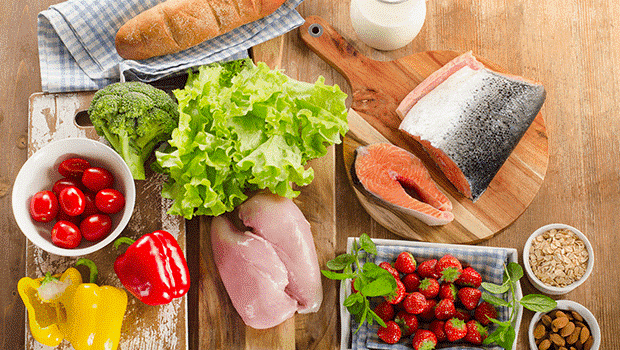What to eat before lipo : You should adjust your diet slightly following liposuction while you heal. For instance, to balance your gut biome after receiving antibiotics after liposuction, start consuming more foods like yogurt that contain probiotics.
Additionally, if you don’t already consume a healthy diet, think about doing so right away in order to maintain the best long-term results from your procedure. Diets like the DASH diet and the Mediterranean diet are suggested by experts. Following liposuction, you should concentrate on getting plenty of these things in addition to eating a healthy diet.
Table of Contents
ToggleIn this article we will discuss:
- What is the best food to eat the day before surgery?
- What foods to avoid after liposuction?
- Liposuction diet menu
- Vitamins to take before liposuction
- Night before liposuction
- Final Words
- FAQ
What is the best food to eat the day before surgery?
What to eat before liposuction? It’s always a good idea to eat healthily, but getting ready for liposuction makes it even more crucial. What to eat before lipo ? Your pre-liposuction diet should have two objectives: improve health for faster healing and boost skin elasticity. Fortunately, the two overlap quite a bit. Target foods high in antioxidants and water to adhere to this liposuction preparation tip, such as:
Berries of all kinds, including blueberries, blackberries and acai
Certain spices, including cinnamon and turmeric
Celery
Omega 3 fatty acids
Cucumber
Healthy oils, like olive and walnut oil
Additionally, be sure to drink plenty of water.
What foods to avoid after liposuction? What to eat after liposuction
Any foods that cause inflammation should be avoided. These consist of sweet and high-saturated-fat foods, such as:
- Fried food
- a baked good
- Sodas
- swift food
- sweet cereals
- processed meats like bacon, salami, or hot dogs
- White bread, pasta, rice, and crackers are examples of refined grains.
As you recover, you should also stay away from spicy foods because they may upset your stomach. Last but not least, abstain from alcohol for about two weeks so that your immune system and liver can focus solely on your healing process. Additionally, alcohol might not work well with any antibiotics your doctor prescribed.
Liposuction diet menu
Priorities come first. Maintaining hydration is essential after liposuction. This will aid in reducing swelling and inflammation, which are common during the healing process.
After liposuction, you should eat whole foods that are high in nutrients. Protein-rich foods will aid in promoting cell growth. In turn, this quickens the process of your skin’s and muscles’ healthy tissue regeneration. Adding dark leafy greens, fish, whole grains, nuts, and legumes to your meals are a few examples.
Consult your doctor about taking vitamins and nutritional supplements, especially vitamins D and magnesium, if you’re not sure that you’re getting all the nutrients you need. Specifically, vitamin D promotes the immune system’s production of cathelicidin, a peptide that fights infections. Similarly, magnesium can reduce inflammation.
What to eat before liposuction – These foods are abundant in these nutrients:
- Spinach
- Avocado
- Salmon
- egg whites
- Sardines
- enriched grains
- French cheese
- a deep chocolate
- nut milk
- Bananas
- potatoes that have been skinned
- kidney beans or black beans
- peanuts, cashews, and pumpkin seeds
You should include probiotics in your diet if your doctor prescribed antibiotics. These are the microbes that help your gut bacteria recover. Yogurt, kefir, tempeh, miso, kimchi, kombucha, and pickles are a few examples of these foods.
If you want to give your digestive system more time to rest, you can choose to eat bland foods. Your body has more energy to devote to the healing process as a result. This would encompass brown rice, roasted chicken without the skin, hot cereals, and pureed fruits and vegetables.
Vitamins to take before liposuction

There are specific vitamins and minerals that are suggested to be consumed before and after surgeries that will be listed, however for a personalized recommendation there must be an assessment by your doctor at Mediranco to suit you with the best vitamins you need to have a full recovery.
10,000–25,000 immunizing units (IU) of vitamin A per day:
beginning one week prior to surgery This vitamin promotes collagen strength and immune system health.
500–1,000 mg of vitamin C per day:
starting at least one week before surgery To create and repair collagen throughout the body, vitamin C is required. Another potent antioxidant, vitamin C supports the immune system and hastens the healing process following surgery.
500–1,000 mg of bromelain per day starting a week before surgery
Use of omega-3 fatty acids prior to surgery is debatable:
While other studies suggest that they may increase bleeding, some have found them to be very helpful in boosting immune function. To prevent any unanticipated complications, it is best to wait until after your surgery to begin taking omega-3.
Preoperative zinc supplementation is advised at a dose of 15 to 30 mg per day:
with higher doses in patients with conditions that cause zinc deficiency (risk factors such as malnutrition, malabsorption, or chronic diarrhea). For DNA synthesis, cell division, and protein synthesis, zinc is a crucial trace mineral. As it is used in enzymatic processes for tissue and wound healing, regeneration, and repair, zinc reduces inflammation during the healing phase.
Arnica Montana:
This homeopathic remedy can relieve pain or bruising. Before surgery and once you’re awake in the recovery room, you can take it under the tongue in pellet or tincture form. Arnica should be used continuously for two weeks following surgery to lessen bruising and swelling.
Vitamin supplements with high potencies:
These supplements help the body heal itself. Vitamins A, B, C, D, and E are a few that are known to help with the healing process. Remember that it is best to stay away from vitamin E before surgery as it can thin the blood, making the body more prone to bruising. Vitamin K, which supports the body’s normal clotting process and is crucial for bone health, is another vitamin that is advantageous for the healing process. The B vitamins support the immune system, aid in tissue repair, and promote cellular metabolism. Post-operative scars, however, are treated with topical vitamin E preparations. Because it is linked to increased bleeding, oral vitamin E should be stopped at least two weeks prior to surgery. Hematomas are collections of blood that can cause serious complications.
Remember that your surgeon, who can advise on the proper dosage and duration of your nutritional supplementation therapy, should be consulted in detail about all of this. A well-balanced diet can help the body get ready for the extra energy it needs for recovery in addition to taking supplements. Protein serves as the foundation for both healing and infection resistance. Since your body requires more protein to heal and rebuild tissue after surgery, it is typically advised that you increase your protein intake to at least 80 grams per day.
Drinking plenty of water is one of the simplest ways to prepare your body for and after plastic surgery. Water is essential because it promotes proper digestion, helps the body get rid of waste products, toxins, and impurities, and prevents constipation and bloating.
Women who are pregnant or who are of childbearing age should also exercise caution when taking any multivitamins and should talk to their general practitioner about their specific supplementation needs.
Night before liposuction
What to eat after liposuction? The evening before your surgery, avoid eating or drinking anything after midnight, including water, tea, or coffee (twelve hours before your surgery). Avoid chewing gum. The morning of surgery, you may brush your teeth, but do not rinse your mouth with water. Failure to take this crucial precaution could result in aspiration pneumonia or lung issues, which could be fatal. If you don’t follow this order, your surgery will be postponed. You must let your Mediranco doctor know if you take prescription medications.
Final Words about What to eat before liposuction?
One of the most frequently requested cosmetic procedures is liposuction.
A body contouring surgeon can assist you in achieving your ideal body with just this one procedure. Lipo can be applied to almost any part of the body, The method is secure and efficient for getting rid of stubborn areas of extra body fat.
Although liposuction can make your arms and thighs or abdomen look slimmer, the cosmetic procedure is not a magic wand. If you want to achieve and maintain the best results, you must still play your part.
Eating the right foods is one of the best ways to keep your body looking its best after a lipo session. The post-liposuction diet is useful in this situation.

